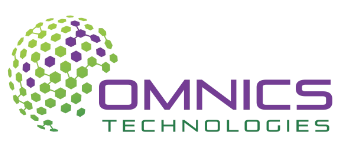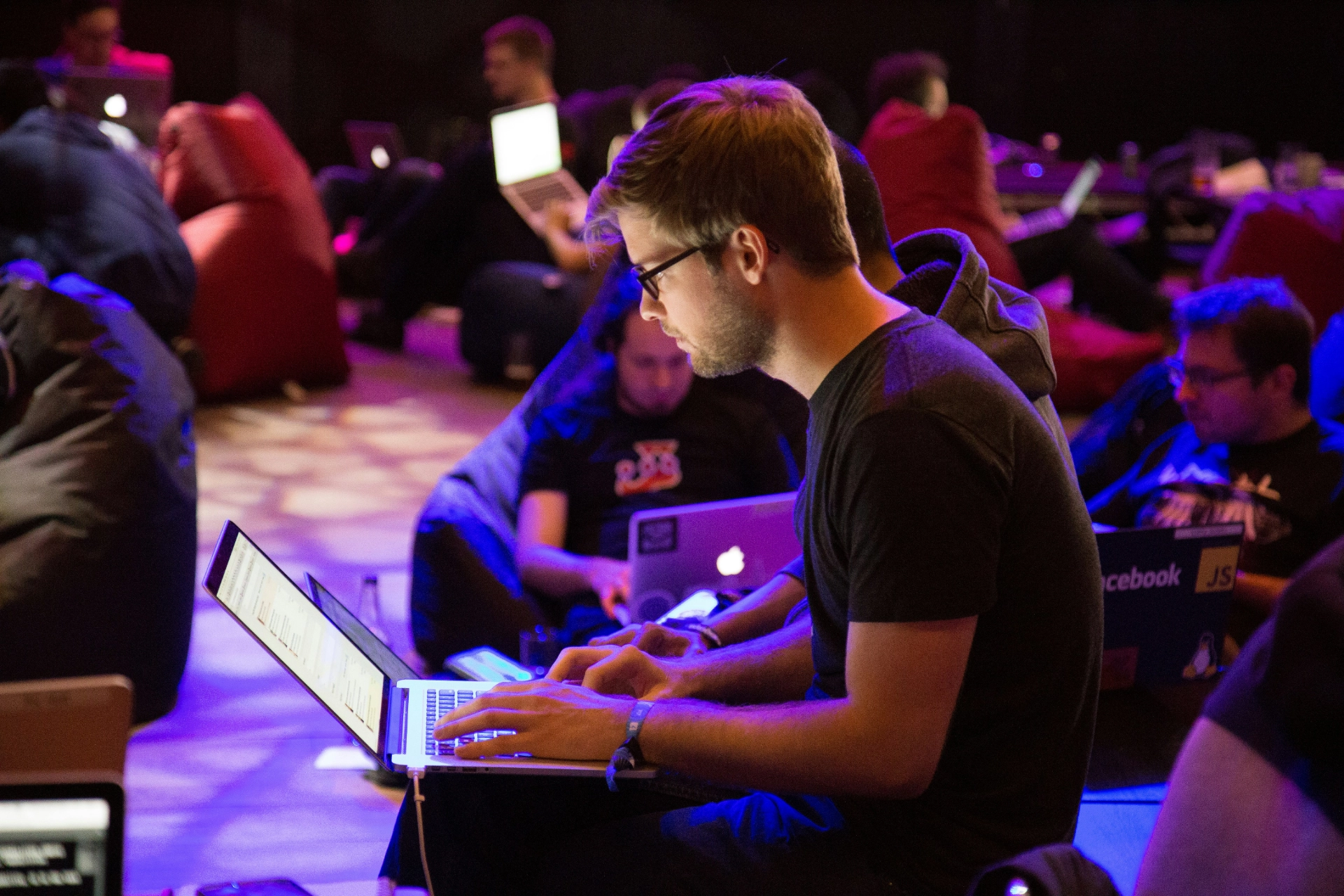Future of Work: How AI is Changing Our Work Environment
The rapid advancement of Artificial Intelligence (AI) currently signifies a significant transformation in the workplace. AI is increasingly influencing more areas, thereby exerting a stronger influence on how we work, communicate, and shape business processes. But how exactly do AI and work interact in detail? And what effects, opportunities, and challenges arise for the future of the workforce?
AI in the Workplace: An Overview
The Role of AI in Today’s Workplace
AI technologies have long begun to revolutionize traditional work practices. From automation in manufacturing to intelligent algorithms in data analysis, AI and work are already inseparably intertwined in many industries. New job roles are emerging, while some traditional roles are changing or even disappearing.
Benefits for Employees and Companies through AI
The undisputed benefits of AI include efficiency improvements, reduction of human errors, and the ability to analyze complex data sets. For employees, this means reducing simple routine tasks in favor of an increase in more demanding and creative tasks. Meanwhile, companies benefit from increased productivity and innovation.
Challenges & Risks
The integration of AI into the workplace also brings challenges and new questions. These include ethical concerns, data protection issues, and fear of job losses. To avoid undesirable social and economic consequences, the effects of integrating AI into the workplace must be carefully weighed.
The Human Factor in an AI-dominated Work Environment
Despite the advancement of AI, the human factor remains crucial. Creativity, emotional intelligence, and interpersonal skills are currently (still) irreplaceable by AI. Therefore, the future of work will develop as a symbiosis of human and machine.
AI and Work: Industry-specific Examples
Healthcare
In healthcare, AI enables more precise diagnoses, personalized treatments, and improved patient management. Overall, healthcare can be more efficiently organized, and medical professionals experience significant relief in their daily work.
Financial Sector
In the financial sector, AI revolutionizes how we handle money. From algorithmic trading to fraud detection and risk management, AI tools help make financial services safer and more efficient.
Education
AI has also made a significant impact in the education sector. Individually tailored learning programs, automated assessment systems, and interactive learning platforms are just a few examples showing how AI and work go hand in hand in the education sector.
Retail
In retail, AI provides personalized shopping experiences, efficient inventory management, and improved customer management. This elevates the customer experience to a new level, and business processes can be significantly more cost-effective.
The Way Forward: Adaptation & Education
Lifelong Learning & Adaptability
To remain attractive for the future job market, employees must continuously update their skills. Only then can they meet the changing requirements in the workforce. Lifelong learning and the willingness to acquire new skills are crucial to keeping pace with the development of AI.
Educational Initiatives & Training Programs
Companies and educational institutions play a key role in preparing employees for the AI-driven future of work. Investments in educational programs and training are essential for imparting the skills and knowledge required for an AI-dominated work environment.
Conclusion
The combination of AI and work will revolutionize the workforce. However, the diverse opportunities of the technology must not overshadow the numerous associated challenges. These challenges must be boldly overcome. Only then can a balanced symbiosis of human expertise and machine intelligence be achieved. Ideally, this will lead to an inclusive, efficient, and innovative workforce in the future.



 Photo by Isaac Smith on Unsplash
Photo by Isaac Smith on Unsplash